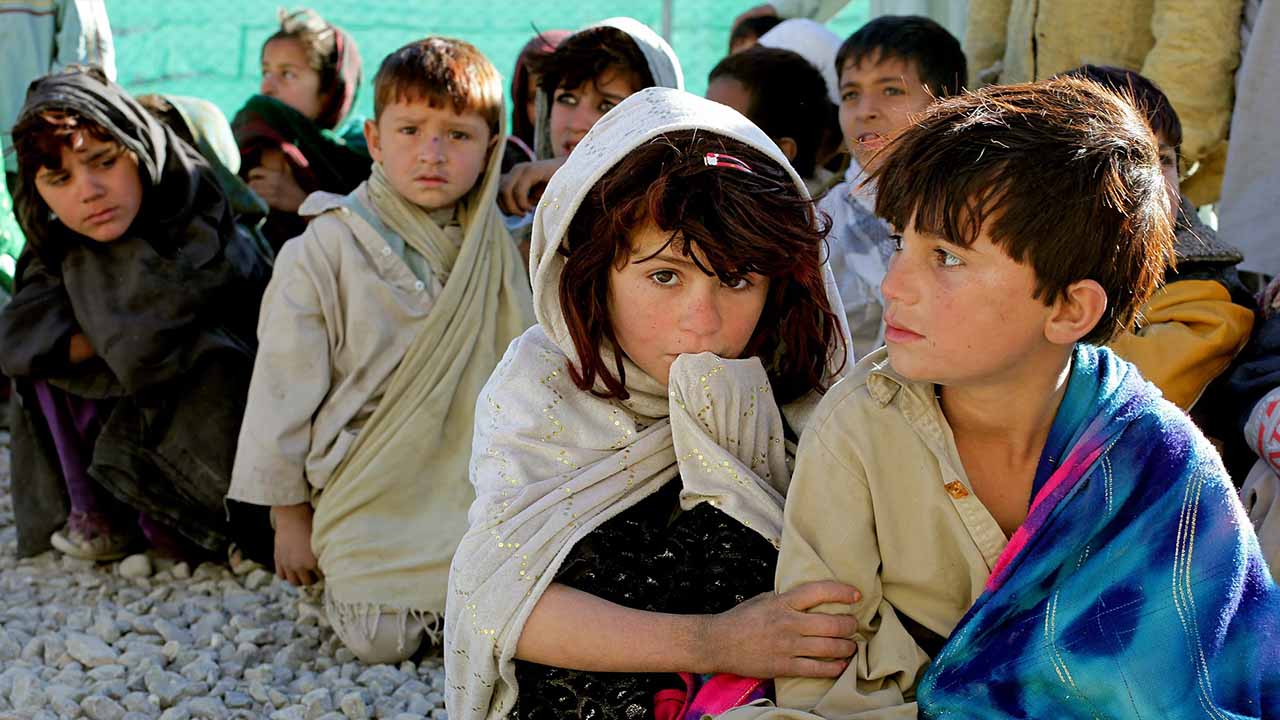The United Nations’ emergency relief coordinator, Martin Griffiths, said in Geneva that $4.4 billion was needed for the Afghanistan Humanitarian Response Plan alone, “to pay direct” to health workers and others, not the de facto authorities.
“This is the largest single country’s humanitarian appeal ever and is three times the amount needed, which was actually raised in 2021,” said Martin Griffiths, Secretary-General UN Deputy for Humanitarian Affairs, during a press briefing in Geneva.
The funds aim to provide life-saving humanitarian assistance to 22 million people in Afghanistan and to support 5.7 million displaced Afghans and local communities in five neighbouring countries. The UN High Commissioner for Refugees, Filippo Grandi, called for raising $623 million to help refugees and host communities in five neighbouring countries, under the Regional Refugee Response Plan on the Situation in Afghanistan.
Filippo Grandi said, “Today, we are issuing an aid appeal of $4 billion for Afghanistan in 2022”. This is the largest ever appeal for humanitarian assistance to a single country and now, in fact, three times more is needed than what was raised in 2021.
Martin Griffiths called the fund to be a stop-gap. “An absolutely essential stop-gap measure that we are putting in front of the international community today. Without this being funded, there won’t be a future, we need this to be done, otherwise, there will be outflow, there will be suffering,” he said.
One million children at risk of severe acute malnutrition
According to the United Nations Office for the Coordination of Humanitarian Affairs (OCHA), half of the population today face hunger, more than nine million people have been displaced and millions of children are out of school. Farmers and ranchers are battling the worst drought in decades and the economy is in free fall. Without support, tens of thousands of children are at risk of dying from malnutrition as basic health services have collapsed.
Avoiding a bigger refugee crisis
Stressing the need to avoid a wider regional crisis emanating from Afghanistan, the two senior UN officials insisted that the most important thing is “to stabilise the situation inside Afghanistan, including that of internally displaced persons”.
Some 22 million people, more than half of the country’s population, are in urgent need of assistance. The United Nations needs $623 million more to help the 5.7 million Afghans who have been refugees, sometimes for many years, in five neighbouring countries, mainly Iran and Pakistan. “My message is urgent: do not close the door on the Afghan people,” Griffiths insisted.
Since the Taliban hardline Islamist movement seized control of Afghanistan in mid-August, the country has plunged into financial chaos, with inflation and unemployment surging. Washington has frozen billions of dollars of the country’s assets, while aid supplies have been heavily disrupted. Afghanistan also suffered its worst drought in decades in 2021.


























